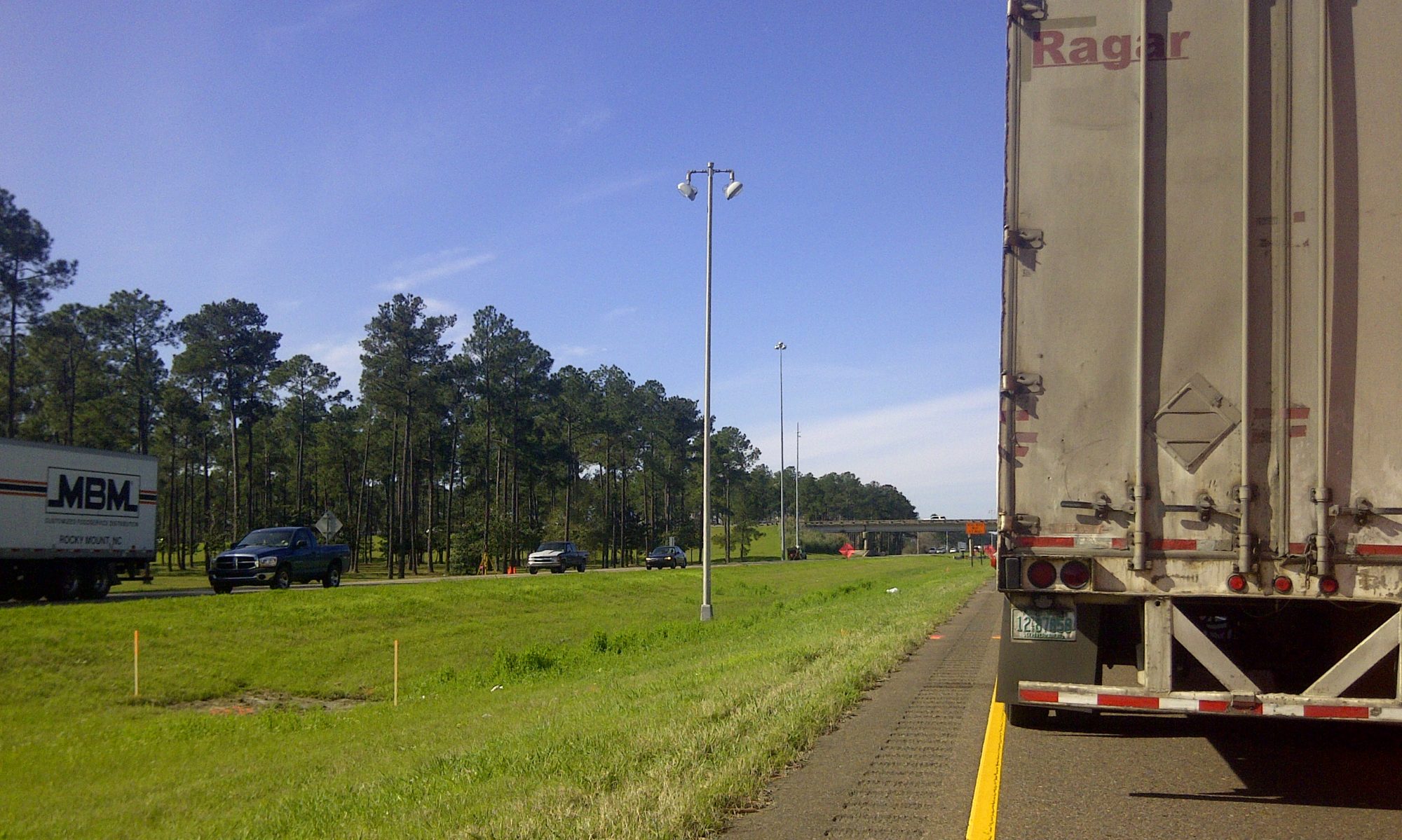Summer is coming upon us. As a nation, we hit the open road for vacations or road trips. Traveling brings some unexpected pleasures (such as the Grand Tetons during sunrise, or driving in the Ozarks during a summer lightening storm) but also the agonizing delays (one of which was a distributor cap that fell off a rental truck in central Texas at 3 am). For much of us, a summer trip shared with family and friends remains a beloved memory.
In 2015, I drive my daughter’s stuff cross-country. I flew out to Oregon, rented a straight truck, and once we were loaded, drove from Oregon to Louisiana. I made a few stops along the way, such as visiting Winslow Arizona for a photo at a corner and Albuquerque, where I ate a burrito at Twisters, the restaurant that served as “Los Pollos Hermanos” in the “Breaking Bad” franchise. (And yes, some woman ran in, took a lot of pictures, and left.. Tourist!) The irony is that for most of the ride, my daughter’s dog sat as I slogged through conference calls, audio books and podcasts.

An occasional moment of interest 
How Zoe spent most of her time on the road. 
There was an farm/feed store next to the restaurant. I actually bought and Ostrich egg and cooked it! 
Selfie facing into the sun at the Twisters 
Had to stop for a photo. Zoe is not an Eagles fan…
That was the last cross-country trip I made from the West Coast.
If I redid this five day trip in 2050, it would probably be a different trip.
- For example, if I rented a truck from UHaul, Penske or Ryder, would the truck be partially or fully autonomous? Would we have loaded the truck, only to watch the truck take off without any passengers to a destination? Would I be able to ride with the stuff, although I will just another item on the manifest?
- Could I tell the vehicle I want to make a side trip, stopping along the way to catch vistas, tourist traps, or whatever catches my fancy? (My daughter still laughs about one trap where we ate breakfast at 20 years ago!)
- Would I even remember how to drive, especially if all I did for the next thirty years would be to drive an autonomous small car, a la Mr. Incredible?
- Would my daughter have even owned as much stuff, or even wanted it moved cross-country? For example, in a shared economy, what would people own outright? Would some of what we loaded and moved would have instead been 3d printed while we were going cross-country, or new rentals waiting for us at our destination?
In 2050, I think I will probably be sitting like Zoe, staring out the window, unconnected to the road or the journey (much like this girl in the video). In many ways, one could argue that a last frontier, the open road, may be transformed into something different from the experience that captivated Walt Whitman. He closed his poem, “Song of the Open Road”, with the following challenge.
Camerado, I give you my hand!
I give you my love more precious than money,
I give you myself before preaching or law;
Will you give me yourself? will you come travel with me?
Shall we stick by each other as long as we live?
.

